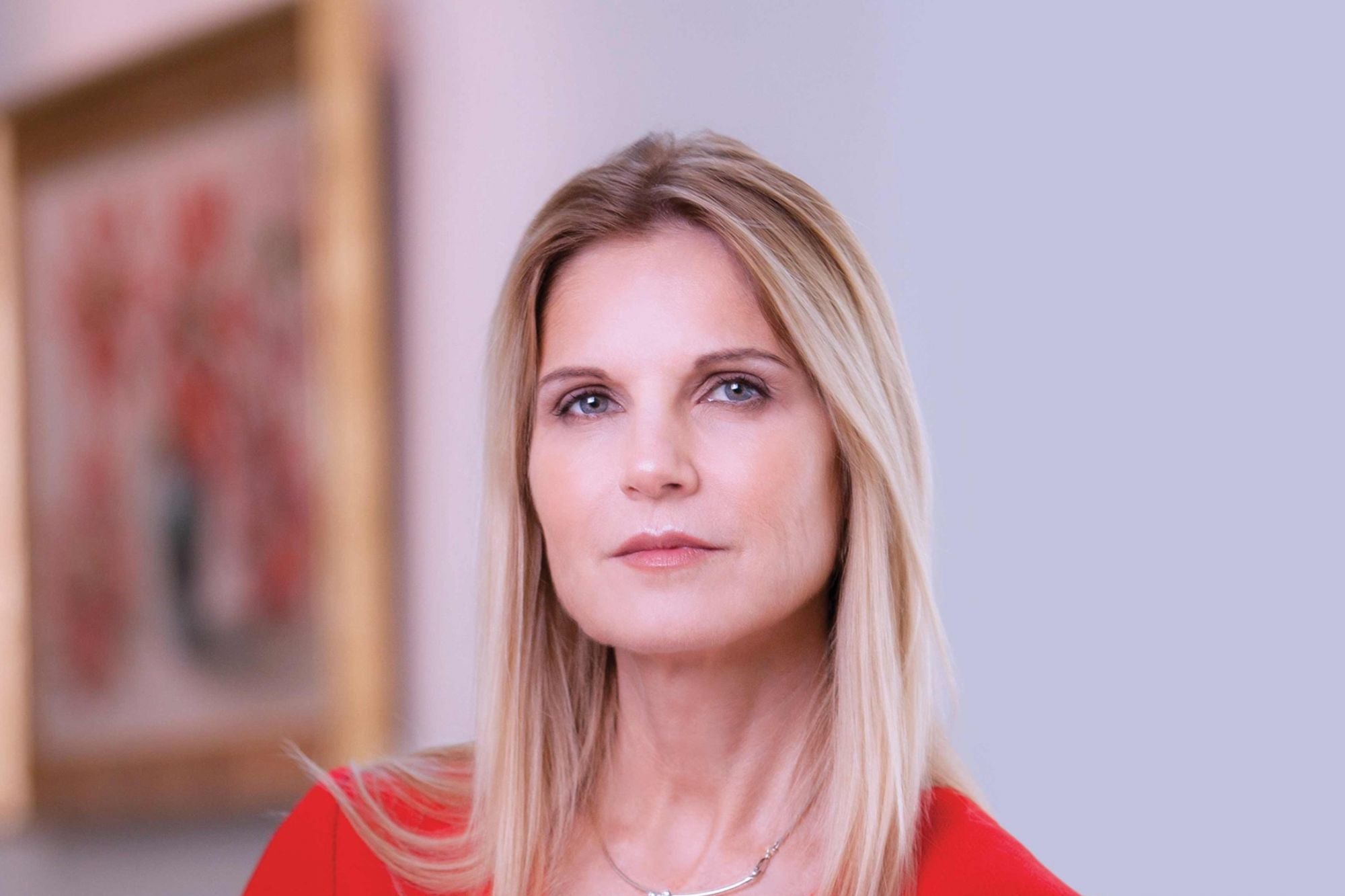Why Magda Wierzycka is a FinTech Disruptor As the founder of JSE-listed fintech company Sygnia, Magda Wierzycka has been making waves and disrupting the financial services sector.
Opinions expressed by Entrepreneur contributors are their own.
You're reading Entrepreneur South Africa, an international franchise of Entrepreneur Media.

Magda Wierzycka is a South African billionaire businesswoman and the co-founder of Sygnia, but she didn't begin life as a success. Magda and her family arrived in South Africa in 1983. They had R500 in their account and had spent the last year in a Polish refugee camp in Austria, where her parents dug ditches to earn a living.
The experience didn't break young Magda. It gave her a new way of looking at life and the world – and a mindset that was innovative and disruptive. Here is her take on how to be a disruptor.
Disruption and innovation are not the same thing
All disruptors are innovators. Not all innovators are disruptors. The theory of "disruptive innovation' was formulated by a Harvard Business School professor Clayton Christensen in the 1990s.
According to Christensen, disruptors introduce innovations that "make it so affordable and simple that normal people can do what only the rich and very skilled could do before." So, disruption is not competition — at least not in the traditional sense. Traditional competitors fight each other, offering very similar products to the same target market.
Disruptors do not compete directly against traditional suppliers
They compete against "non-consumption' by creating new consumers and new demand. Just think of Uber, Airbnb and Amazon. These three have essentially displaced an existing market by providing a service that is more efficient and more cost-effective. Unlike traditional taxi services, Uber doesn't own any vehicles. Airbnb is not a hotel chain; it doesn't own any rooms.
People often ask how Sygnia generates its innovative offerings. Many of these ideas come from me, and I attribute this ability to think outside the box to several things. I didn't have a typical childhood. I came here as a refugee from Poland.
From the moment I turned 18, I've had to support myself. I've also had an interesting career, working at different places and filling different roles, and I've travelled widely. I think it's this background that's given me the ability to come up with innovative ideas.
Experiencing different things and viewing the world from different perspectives allows you to come up with unusual solutions and approaches.
It was remarkably easy for Sygnia to disrupt the local financial services market. The industry was unnecessarily complex, people were paying too much in fees and transparency was low. This created a great opportunity for Sygnia to come in and offer similar services, but to make them simpler and more cost-effective.
It's an excellent case study in just how susceptible many industries are to disruption. Generally speaking, a sector is dominated by a handful of large and entrenched competitors with little incentive to upset the status quo. Bring something truly innovative and disruptive to the market, and you can make an impact that is disproportionate to the size of your operation.
I don't respond well to someone else's authority
I think that's true of many entrepreneurs, innovators and disrupters. That said, it takes time to get to a point where you can question that authority. You don't disrupt an industry by accident — it's something that you need to work towards.
I spent years getting the necessary experience and learning the ropes before I felt ready to launch Sygnia. I needed a thorough understanding of both the financial services sector and the capabilities of modern technology before I could challenge the status quo.
Technology is changing the nature of work and business
You look at the rise of robo-advisors, and you can't help but wonder what the future holds for human financial advisors. Many industries are on the cusp of being disrupted by new technologies, and many jobs will be lost because of it.
We're experiencing the Fourth Industrial Revolution
Just look at Uber and its testing of autonomous cars. What does the future hold for people who make a living as drivers? We live in an age of immense disruption, and it's important to be aware of this. You can't assume that it will be business-as-usual tomorrow. Any industry and any company can be disrupted.












